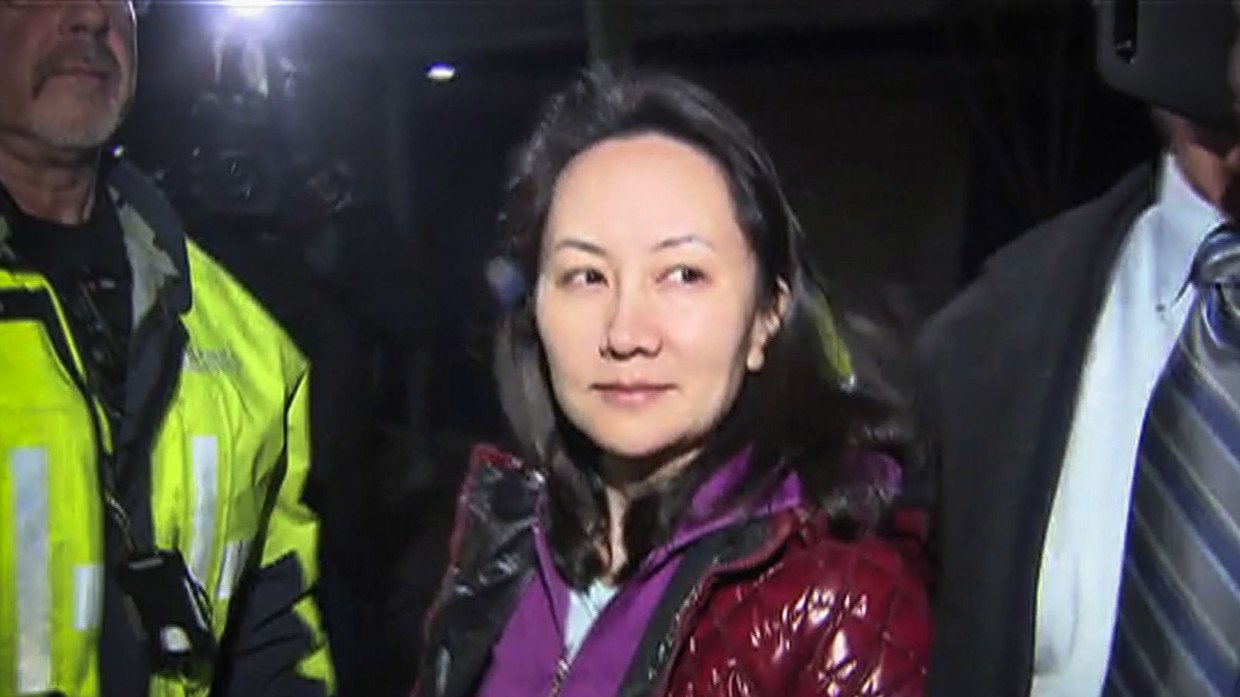The US has informed Canada it will start formal extradition proceedings for Huawei CFO Meng Wanzhou, nearly two months after she was arrested in Vancouver for violating unilateral US sanctions against Iran.
Meng faces charges of bank fraud related to alleged violations of US sanctions dating back to at least 2013, and was arrested at the request of US authorities while changing planes in Vancouver. She is currently out on bail, fitted with an electronic ankle bracelet but permitted to live in her Vancouver home.
US plans in relation to Meng rankled with Chinese officials, who urged Washington to withdraw its request for the extradition of the Huawei CFO, describing the process as an “abuse.”
The US and Canada should “take steps to rectify the mistake,” a Chinese Foreign Ministry spokeswoman said, according to local media. Beijing authorities have also demanded that the US withdraw its extradition request, which they say is an abuse of the convention.
US authorities have until January 30 to file a formal extradition request, at which point the Canadian Department of Justice’s International Assistance Group has another 30 days to issue an “authority to proceed,” allowing the case to go before the Supreme Court. There, a judge evaluates the US’ evidence to determine whether it rises to the level of conduct that would warrant a trial in Canada, had the offense taken place in the country.
Meng could appeal the decisions at multiple points, meaning the proceedings could drag on for months – or even years.
The extradition couldn’t come soon enough for the Canadians, judging by the words of Ambassador to the US David MacNaughton. “We don’t like that it is our citizens who are being punished. [The Americans] are the ones seeking to have the full force of American law brought against [Ms. Meng] and yet we are the ones who are paying the price. Our citizens are.”
MacNaughton has also expressed concern that Meng is being used as a bargaining chip in US President Donald Trump’s ongoing trade war with China – and that Canadian citizens are now caught in the middle of that struggle.
Canada has seemingly borne the brunt of China’s retaliation for the Huawei CFO’s arrest, with one of its citizens recently sentenced to death for smuggling methamphetamine and two others picked up last month on menacingly vague charges of “endangering national security.” China, however, denies that those cases are in any way linked to Meng's.
Also on rt.com China insists detained Canadians ‘without a doubt’ broke security lawsMichael Kovrig, a former diplomat, and Michael Spavor, an entrepreneur, were both detained by Chinese authorities days after Meng’s arrest in apparent retaliation. They are only allowed to visit with consular officials once a month for half an hour in monitored conversations, and the lights in their cells are reportedly kept on 24 hours per day – leading Canadian government ministers to stop just short of accusing Chinese authorities of torture.
Think your friends would be interested? Share this story!

